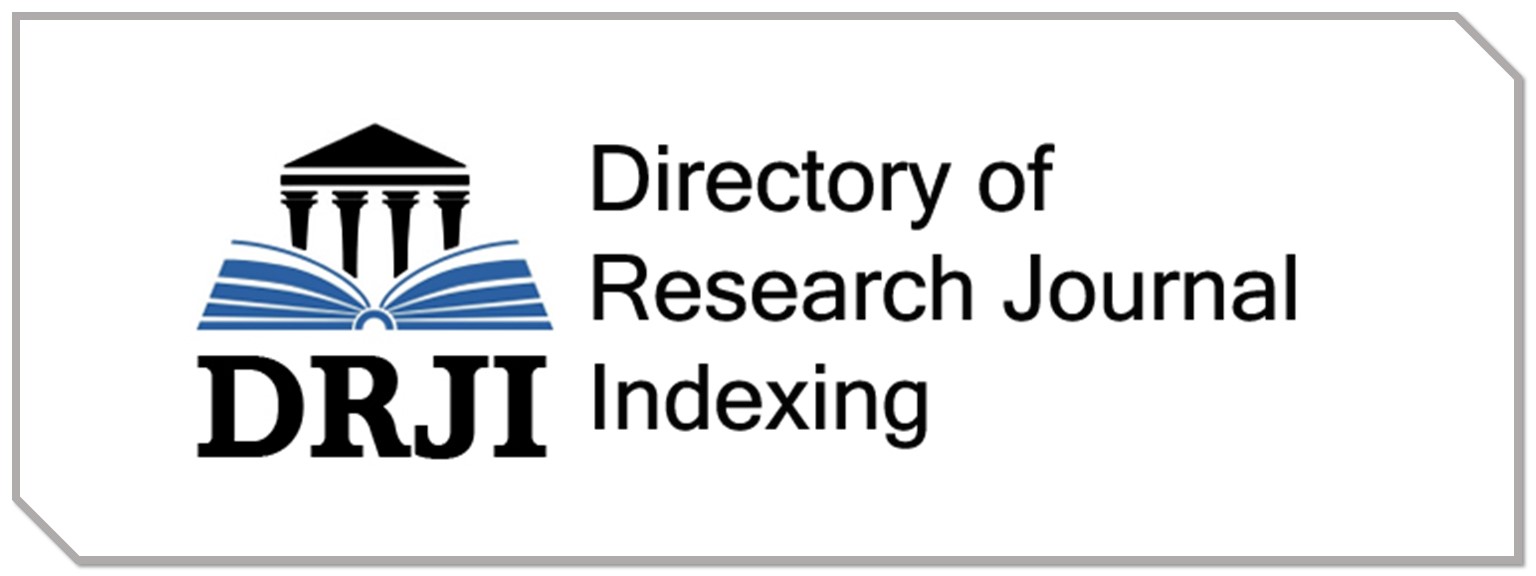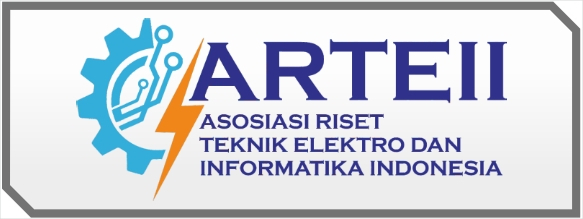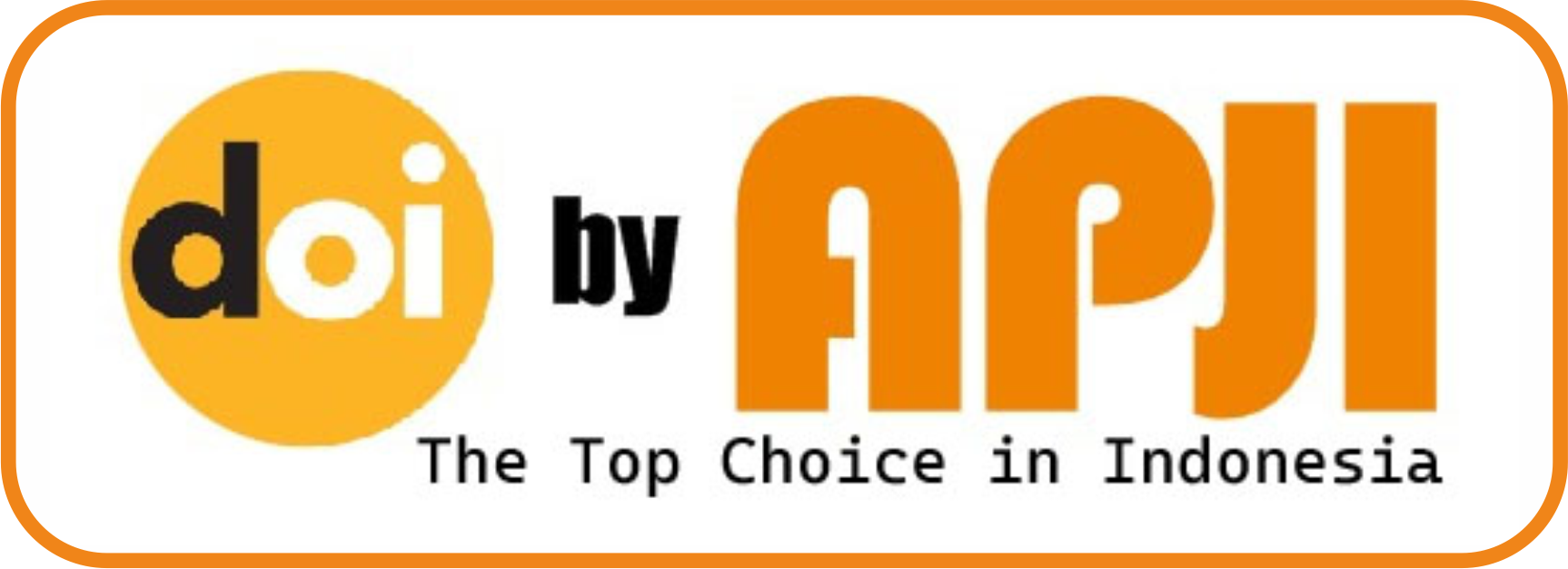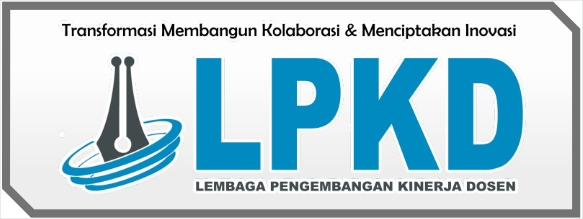Analisis Work Life Balance Karyawan di Wirman Sambal
DOI:
https://doi.org/10.55606/jupsim.v3i2.2788Keywords:
Work-life, well-being, productivityAbstract
This research focuses on analyzing the work-life balance of employees at Usaha Wirman Sambal. In the context of the success of an organization, human resources play a crucial role. This business prioritizes the quality of chili sauce, requires employees with superior qualifications and optimal performance. Work-life balance is in the spotlight when facing complex work demands. This research is important because it impacts employee well-being, productivity and organizational competitiveness. Work-life balance is not just time allocation, but includes aspects of physical, mental health and the quality of social relationships. Increasing employee well-being contributes positively to productivity and performance. In the research "Analysis of Work-Life Balance of Employees at Wirman Sambal," the question explains how employees at Wirman Sambal maintain a balance between their work and personal lives. As well as what main challenges are faced by employees at Wirman Sambal in achieving Work-Life Balance. The research method uses qualitative methods with data collection techniques through interviews and observations. The results of interviews and observations revealed diverse approaches to achieving work-life balance, including schedule planning, implementing time limits, and open communication. Key challenges involve changing schedules, increased workloads, limited time flexibility, and the impact of technology. Understanding these factors provides insight into formulating policies and practices that support work-life balance. A well-managed work-life balance at Wirman Sambal has a positive impact on employee welfare and productivity, creates a positive work culture, and improves the overall quality of life. This research contributes to the understanding of work-life balance in the context of the culinary industry and offers constructive recommendations for improving policies and practices in these work environments.
References
Abdussamad, H. Z., & Sik, M. S. (2021). M. penelitian kualitatif. C. S. M. P. (n.d.). CV. Syakir Media Press..
Antolis, W. A., Kornelius, Y., & Tadulako, U. (2021). Implikasi Kecerdasan Emosional Dan Motivasi. 7(3), 300–309.
Atthohiri, N. A., & Wijayati, D. T. (2021). Pengaruh Employee Engagement terhadap Kepuasan Kerja dengan Work Life Balance sebagai Variabel Intervening. Jurnal Ilmu Manajemen, 9(3), 1092–1100. https://doi.org/10.26740/jim.v9n3.p1092-1100
Hendra, D., & Artha, B. (2023). Work-Life Balance: Suatu Studi Literatur. INNOVATIVE: Journal Of Social Science Research, 3(3), 11320–11330. https://j-innovative.org/index.php/Innovative
Hizkia Panjaitan, Henry Eryanto, & Suherdi Suherdi. (2023). Analisis Sistem Work Life Balance Pada Pegawai X. Jurnal Media Administrasi, 8(1), 103–115. https://doi.org/10.56444/jma.v8i1.528
Irsyad, F., Hendriani, S., & Putro, S. (2022). Analisis Pengaruh Budaya Organisasi, Kepemimpinan Dan Work Life Balance Terhadap Kinerja Pegawai Kantor Perwakilan Bank Indonesia Provinsi Riau. Jurnal Manajemen Universitas Bung Hatta, 17(1), 1–13. https://doi.org/10.37301/jmubh.v17i1.19983
Meli Noviani, D. (2021). Pengaruh Work Life Balance dan Disiplin Kerja Terhadap Kinerja Karyawan Dimasa Work From Home pada Kantor Kementerian Agama Kabupaten Indramayu. Jurnal Syntax Admiration, 2(11), 2036–2050. https://doi.org/10.46799/jsa.v2i11.341
Nawarcono, W. N., & Setiono, A. (2021). Pengaruh Work-Life Balance Terhadap Kepuasan Kerja. Kajian Ekonomi dan Bisnis, 16(2), 161–174. https://doi.org/10.51277/keb.v16i2.101
Nurendra, A. M., & Saraswati, M. P. (2017). Model Peranan Work Life Balance, Stres Kerja Dan Kepuasan Kerja Pada Karyawan. Humanitas, 13(2), 84. https://doi.org/10.26555/humanitas.v13i2.6063
Ratu, R., Koleangan, R. A. ., & Kojo, C. (2020). Pengaruh Pengalaman Kerja Dan Kompetensi Sumber Daya Manusia Terhadap Kinerja Karyawan Pada Rumah Makan Dabu-Dabu Lemong Di Manado. Jurnal EMBA: Jurnal Riset Ekonomi, Manajemen, Bisnis dan Akuntansi, 8(1), 450–458.
Sismawati, W., & Lataruva, E. (2020). Karyawan Generasi Y Dengan Kepuasan Kerja Sebagai Variabel Intervening (Studi Pada Pt Bank Tabungan Negara Syariah Semarang). Diponegoro Journal of Management, 9(3), 1–11. http://ejournal-s1.undip.ac.id/index.php/dbr




















